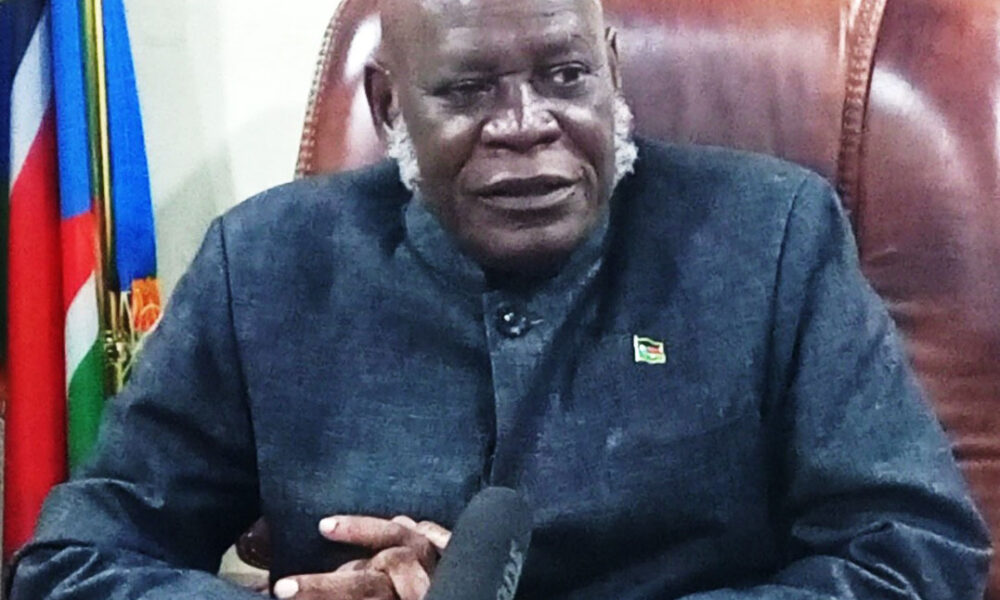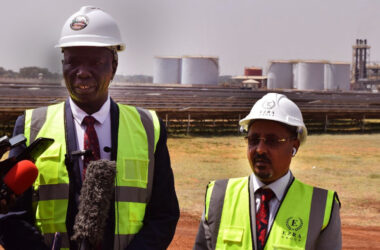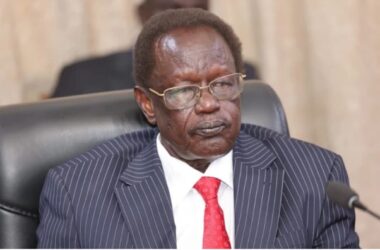By Deng Ghai Deng
Ongoing economic crisis in South Sudan has escalated to a dire situation where members of the Transitional National Legislative Assembly (TNLA) are reportedly dying over lack of remunerations.
“They cannot afford medication due to prolonged unpaid salary arrears and suspended medical allowances,” spokesperson of the national Assembly, Oliver Mori Benjamin has said.
Oliver Mori Benjamin, Chairperson of the Specialized Committee for Information revealed on Friday that an average of one lawmaker has died every three months over the past four years.
The cause of these deaths has been linked to the lack of access to necessary medical treatments as a result of unpaid salaries and halted medical allowances.
“This parliament is losing a member every three or four months because they have fallen sick but cannot afford treatment abroad. These are only for the members of parliament to leave alone about their families,” Mori stated during a press briefing.
Each TNLA member is entitled to a medical allowance of $30,000 annually. However, Mori revealed that lawmakers have only received half of this amount—$15,000—over the past four years. This significant reduction in funds has severely impacted their ability to seek proper medical care.
The parliament has taken action by summoning the national Minister of Finance, Marial Dognrin, and the Commissioner General of the Revenue Authority, Africano Mande, to appear before the lawmakers on Monday to provide explanations for the delays in salary payments, which have now extended beyond nine months.
“The Minister of Finance to come alongside the Commissioner General of the Revenue Authority—both of them should appear in one sitting so that they elaborate in detail on their plans to clear the salary arrears for nine months,” he said.
“The parliament is also concerned to know from the commissioner of the Revenue Authority how much he is collecting per month. What we hear is that the collection from non-oil revenue has surpassed one from last year and so on, but people don’t feel the effects—nobody will give the answer except these two gentlemen,” Mori added.
The economic instability has placed immense strain on South Sudan’s governance system, with lawmakers struggling to fulfil their roles due to financial insecurity.
Mori said the non-payment of salaries and allowances has not only impacted their health but also undermined the legislative process and overall governance in the country.
“At the moment, some of our members volunteer to use public transport or sometimes even come on foot to attend the sittings here in the parliament,” Mori added.
The government has yet to provide a comprehensive response to the crisis, and concerns grow about both future of the legislative body which is integral to the functioning of the country’s fragile democratic institutions and the well-being of citizens.




